The Great Lakes Colleges Association is pleased to announce the winners of the 2025 GLCA New Writers Award for Poetry, Fiction, and Creative Non-Fiction. Since 1970, the New Writers Award confers recognition on promising writers who have published a first volume in one of the three genres. Judges of the New Writers Award are faculty members of creative writing and literature at GLCA’s member colleges. Winning writers receive invitations to visit GLCA member colleges, where they give readings, meet with students and faculty members, and discuss technique and creativity in the writing process.
The 2025 winner for Poetry is Sarah Ghazal Ali, Theophanies, published by Alice James Books. Our GLCA judges note:
With language that is both luxuriant and spiked, the poems in Theophanies are tender, with a soft and quiet voice that transforms their contemplations into powerful meditations on religion, gender, and philosophical thought. Through a stunningly graceful formalism, Sarah Ghazal Ali draws on both traditional and innovative structures – from the sonnet to the ghazal to genealogical visual poems/diagrams – to construct a profound collection about faith, namesakes, and visionary becoming. The lyricism here is crisp, insistent, and clarifying – like a chilled and invigorating draught: “I’ve learned to cull want / from wait, // to walk until water appears.” Ali evokes the divine and an array of contemporary, historical, and literary women in this book of holy visitations. The poems explore the experience of being a daughter, a potential mother, and one point on a matrilineal line where both awe and pain can be a daughter’s inheritance. This collection’s contemplation of ancient text, poetic form, art, and the body, showcase a unified mind at work, reflecting on the relevance of inherited stories and our spiritual capacity for ugliness and transformative beauty.
Judges of the Poetry Award were:
Michael Leong, Kenyon College
Chanda Feldman, Oberlin College
Aza Pace, Ohio Wesleyan University
The 2025 winner for Fiction is Jessica Elisheva Emerson, Olive Days, published by Counterpoint Press. Our GLCA judges note:
Olive Days is an arresting portrait of a woman seeking refuge from her marriage. From the opening sentences we were hooked by this story of an Orthodox Jewish woman who, after her husband asks for a wife swap, engages in her own affairs that leave her questioning everything. In clear and vivid prose, Emerson conveys the inner and outer lives of her protagonist in persuasive and engrossing detail. As great writers often do, she creates agonizing choices for her characters that involve our deepest values on each side of the choice. With each step into infidelity, she seems to both draw closer and farther away toward her ideal self, pulling the reader along. In the process, she both defines and occasionally blurs the lines between love and duty, religious belief and culture practices, openness and conformity, self-love and passion for another. It is a different kind of love story – a sort of literary will-they-or-won’t-they and it is also a love letter to the bond between mother and children, and to Orthodox Judaism, even as it questions. Emerson’s lucid style and keen observations help create a compelling world of a modern woman living with an ancient way of life and how those two things create a constant churn of longing, regret, and questioning. An honest and powerful book.
Judges of the Fiction Award were:
Lauren Holmes, Allegheny College
Michael Croley, Denison University
Andy Mozina, Kalamazoo College
The 2025 winner for Creative Non-Fiction is KB Brookins, Pretty, published by AA Knopf. Our GLCA judges note:
Brookins’ memoir is more than just a memoir: it weaves together poetry, letters, anti-nostalgic reminiscences, and a call to action. Their account of a childhood in Texas portrays vividly what it meant to experience coming-of-age amidst the pressures imposed by rigid gender norms and anti-Blackness. Pretty not only investigates trans masculine world-traveling, but a deep investment in resisting the binary narratives forced upon Black queer people. They masterfully tell the importance of an authenticity that is not static but requires ever-transformation. Brookins offers themselves to the reader, giving tender insight into the many hardships and joys of their (continued) growing. It’s probably the most raw of the texts exploring queer and nonbinary phenomenologies – but in a way that complicates rather than reifies categorical identity structures. This is a powerful book not only for readers who themselves are defining their intersectional identities, but also for everyone who wants to understand more about the difficulty of true self-definition in the current political climate. Brookins explores issues of otherness with a remarkable mix of humor, passionate sentiment, and above all, courage. It’s also just really, really good writing.
Judges of the Creative Non-Fiction Award were:
Brooke Bryan, Antioch College
Deborah Geis, DePauw University
Daimys Garcia, The College of Wooster
For more information on the New Writers Award, please contact Colleen Monahan Smith ([email protected]) at the GLCA. Additional information is available on the GLCA web site: GLCA New Writers Award.


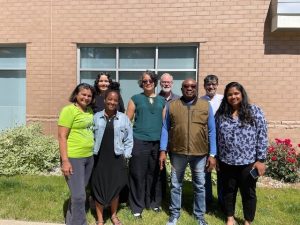 Council ended the 2023-2024 year with an in-person convening of seven members from five campuses along with GLCA President Mickey McDonald. They wrapped up conversations about this year’s topic – Recruiting and Retaining BIPOC Faculty – and also talked more generally about leadership on campus.
Council ended the 2023-2024 year with an in-person convening of seven members from five campuses along with GLCA President Mickey McDonald. They wrapped up conversations about this year’s topic – Recruiting and Retaining BIPOC Faculty – and also talked more generally about leadership on campus.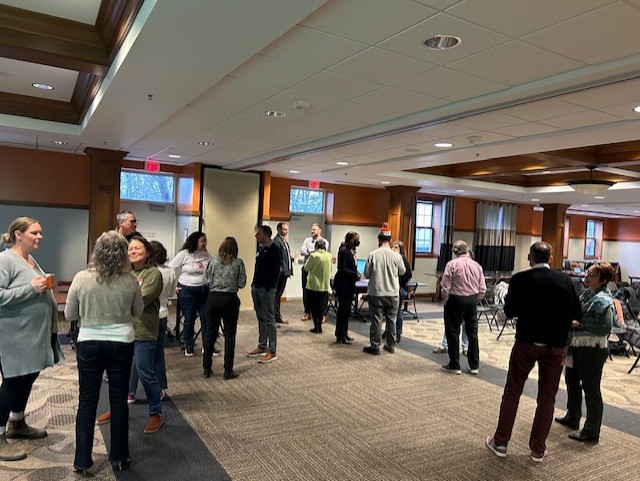
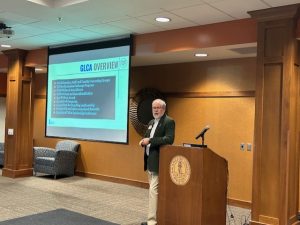
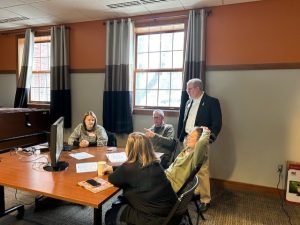
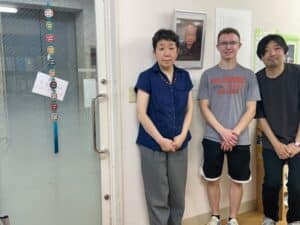
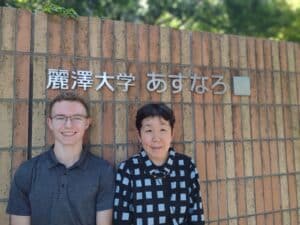
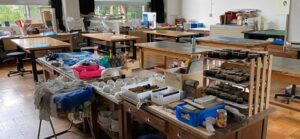
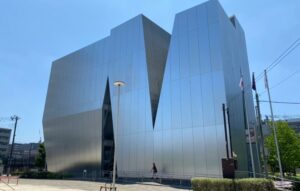
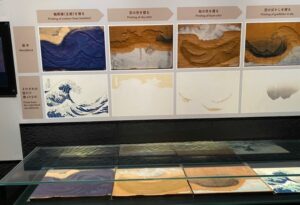
 Donn Charles Neal, age 82, formerly of Pittsburgh, passed away on August 6, 2023. Son of Charles and Irene Neal of Michigan, he was preceded in death by his beloved wife of 52 years Peggy and is survived by sons David (Stephanie) and Peter (Allison) and two granddaughters, Quincy and Piper.
Donn Charles Neal, age 82, formerly of Pittsburgh, passed away on August 6, 2023. Son of Charles and Irene Neal of Michigan, he was preceded in death by his beloved wife of 52 years Peggy and is survived by sons David (Stephanie) and Peter (Allison) and two granddaughters, Quincy and Piper.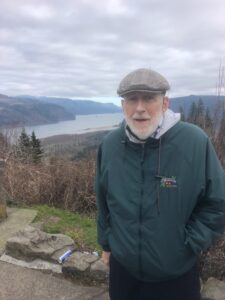 Donn authored “The World Beyond the Hudson: Alfred E. Smith and National Politics 1918-1928” and edited “Consortia and Inter-Institutional Cooperation,” as well as creating an extensive family history which appears on his website.
Donn authored “The World Beyond the Hudson: Alfred E. Smith and National Politics 1918-1928” and edited “Consortia and Inter-Institutional Cooperation,” as well as creating an extensive family history which appears on his website.